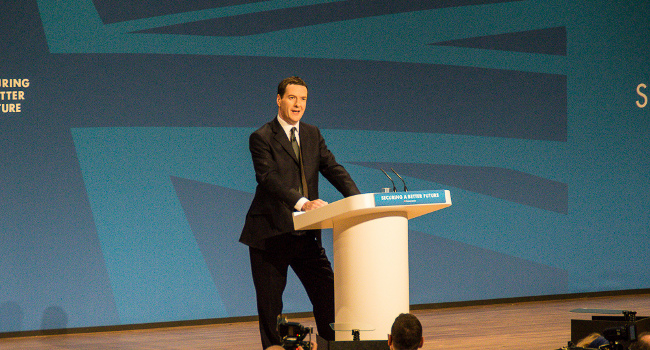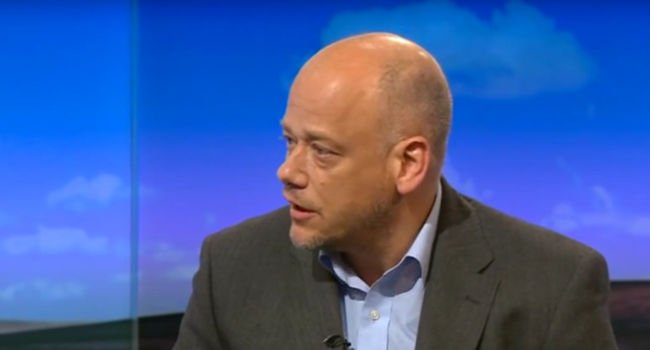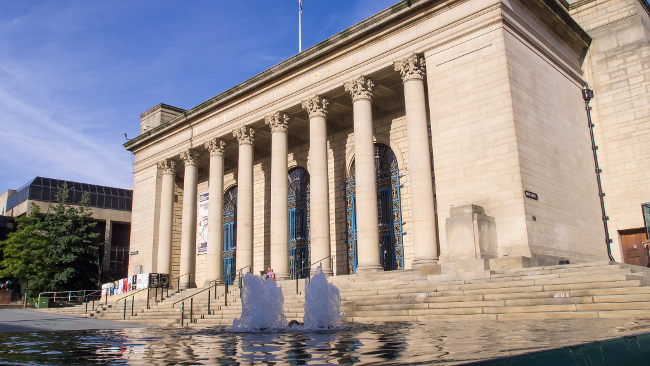The head of the Low Pay Commission warned on Sunday that the minimum wage hike proposed by chancellor George Osborne may cost more than the 60,000 jobs previously predicted.
David Norgrove, chair of the independent body responsible for recommending what the minimum wage should be, claimed that the Office for Budget Responsibility’s estimate for job losses following the minimum wage rise was not as certain as it appeared.
Speaking to the Financial Times, he said:
“[The OBR’s] estimate of 60,000 is as good as anybody else’s; they’re a very expert group of people, but they’re hugely uncertain. I think it’s probably a bit of an exaggeration saying nobody has a clue, but I think they’re extremely uncertain.”
Minimum wages have been controversial among economists since before governments in the Western world began putting them into place, with many fearing that a pay floor might price the low-skilled out of the jobs market.
Under Tory plans unveiled in July the minimum wage is set to rise to £7.20 an hour for over 25s next April, up from £6.70 today for over 21s, and later to £9 for over 25s in 2020 – a higher hike than the commission would recommend at present.
Norgrove has previously said the Low Pay Commission’s research has shown no signs of increased unemployment as a result of the minimum wage since its introduction in Britain in 1999, but he worries that the “living wage” proposed by Osborne will disproportionately hit the care, retail and hospitality sectors.
If this happened, he said, it would mean that local government would have to increase spending in care, even as councils face ongoing pressure to cut spending as part of Osbo’s austerity drive.
Norgrove also claimed the commission was informed about the rise just a few days before Osborne announced it in July, promoting it as a “living wage” in a bid to move into Labour’s territory just as the Tories sought to rebrand themselves as a “workers party”.
The chair can be seen in the video below discussing the effect the minimum wage has had on low wages since its creation under Tony Blair’s New Labour government:
A full version of the Financial Times interview can be read here.
Image Credit – English coins, July 2010 by Images Money





